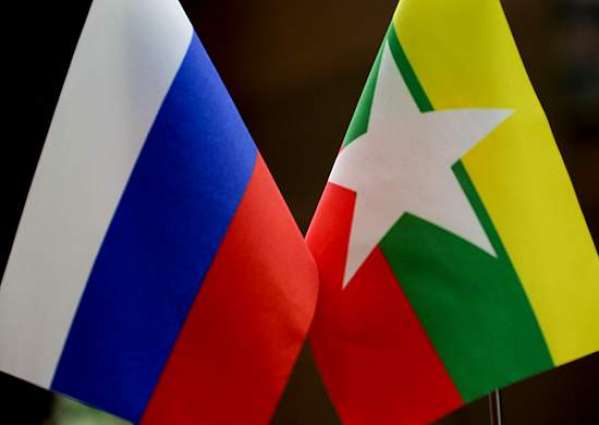The UN Security Council is not planning to discuss introduction of sanctions against Myanmar's military government, as such measures will have no prospects in the Council's discussions, Pyotr Ilyichev, the head of the Russian Foreign Ministry's Department of International Organizations, said in an interview with Sputnik
MOSCOW (Pakistan Point News / Sputnik - 27th December, 2021) The UN Security Council is not planning to discuss introduction of sanctions against Myanmar's military government, as such measures will have no prospects in the Council's discussions, Pyotr Ilyichev, the head of the Russian Foreign Ministry's Department of International Organizations, said in an interview with Sputnik.
"The issue of imposing sanctions on Myanmar is not on the agenda of the UN Security Council. We cannot know for sure if the Western countries have abandoned this idea, but in the Council discussion of the situation in Myanmar, we together with the Chinese partners make it clear that restrictive measures would not be an adequate solution under a lack of peace and security threats. Proposals on sanctions have no prospects," Ilyichev said.
According to the diplomat, Moscow does not see an alternative to a national dialogue, which can be rendered assistance. Ilyichev added that Russia sees the Association of Southeast Asian Nations as a good potential mediator. Meanwhile, the Russian stance on unilateral sanctions as contrary to international law norms and the UN Charter has remained unchanged, the official noted.
"Also, perennial unilateral restrictions against Myanmar's military have demonstrated their total ineffectiveness," Ilyichev concluded.
On February 1, the Myanmar military overthrew the civilian government and declared a year-long state of emergency, which was later extended until August 2023. The top brass justified their action by alleged election fraud, which they blamed on civilian government leaders, and promised to transfer power after new elections are held.




